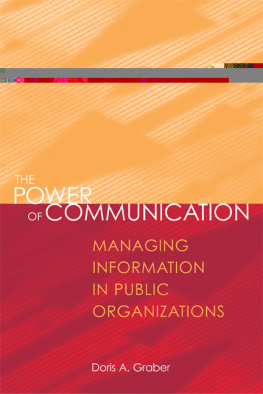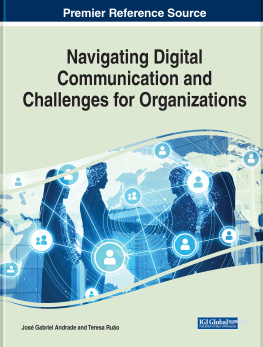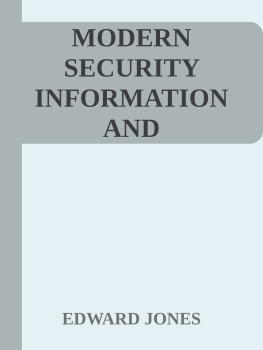Doris A. Graber - The Power of Communication: Managing Information in Public Organizations
Here you can read online Doris A. Graber - The Power of Communication: Managing Information in Public Organizations full text of the book (entire story) in english for free. Download pdf and epub, get meaning, cover and reviews about this ebook. year: 2002, publisher: SAGE, genre: Politics. Description of the work, (preface) as well as reviews are available. Best literature library LitArk.com created for fans of good reading and offers a wide selection of genres:
Romance novel
Science fiction
Adventure
Detective
Science
History
Home and family
Prose
Art
Politics
Computer
Non-fiction
Religion
Business
Children
Humor
Choose a favorite category and find really read worthwhile books. Enjoy immersion in the world of imagination, feel the emotions of the characters or learn something new for yourself, make an fascinating discovery.
- Book:The Power of Communication: Managing Information in Public Organizations
- Author:
- Publisher:SAGE
- Genre:
- Year:2002
- Rating:5 / 5
- Favourites:Add to favourites
- Your mark:
- 100
- 1
- 2
- 3
- 4
- 5
The Power of Communication: Managing Information in Public Organizations: summary, description and annotation
We offer to read an annotation, description, summary or preface (depends on what the author of the book "The Power of Communication: Managing Information in Public Organizations" wrote himself). If you haven't found the necessary information about the book — write in the comments, we will try to find it.
Doris A. Graber: author's other books
Who wrote The Power of Communication: Managing Information in Public Organizations? Find out the surname, the name of the author of the book and a list of all author's works by series.
The Power of Communication: Managing Information in Public Organizations — read online for free the complete book (whole text) full work
Below is the text of the book, divided by pages. System saving the place of the last page read, allows you to conveniently read the book "The Power of Communication: Managing Information in Public Organizations" online for free, without having to search again every time where you left off. Put a bookmark, and you can go to the page where you finished reading at any time.
Font size:
Interval:
Bookmark:
University of Illinois at Chicago

1255 22nd Street, N.W., Suite 400
Washington, D.C. 20037
 The paper used in this publication meets the minimum requirements of the American National Standard for Information SciencesPermanence of Paper for Printed Library Materials, ANSI Z39.48-1992.
The paper used in this publication meets the minimum requirements of the American National Standard for Information SciencesPermanence of Paper for Printed Library Materials, ANSI Z39.48-1992.Cover design by Naylor Design, Inc.
Graber, Doris A. (Doris Appel)
The power of communication : managing information in public organizations /
Doris A. Graber.
p. cm.
Includes bibliographical references and index.
ISBN 1-56802-211-5 (alk. paper)
1. Communication in public administration.
2. CommunicationPolitical aspects. 3. Communication in organizations.
4. Government information. 5. Administrative agenciesInformation services. I. Title.
JF1525.C59 G728 2002
352.384 dc21
Arnold J. Lien
Font size:
Interval:
Bookmark:
Similar books «The Power of Communication: Managing Information in Public Organizations»
Look at similar books to The Power of Communication: Managing Information in Public Organizations. We have selected literature similar in name and meaning in the hope of providing readers with more options to find new, interesting, not yet read works.
Discussion, reviews of the book The Power of Communication: Managing Information in Public Organizations and just readers' own opinions. Leave your comments, write what you think about the work, its meaning or the main characters. Specify what exactly you liked and what you didn't like, and why you think so.











